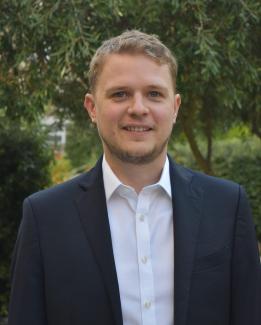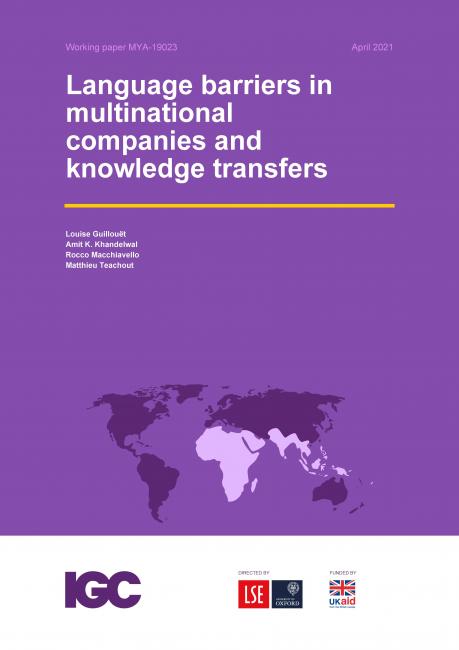Reducing language frictions in Myanmar
Language barriers hinder operational efficiency, for instance, meetings take longer to complete, there are frequent misunderstandings between foreign and domestic managers and communications are poor. The IGC project 'Spillovers from Special Economic Zones: Micro-evidence from the Myanmar' revealed that, on average, Myanmar managers spend 34% of conversation time on translation and misunderstand 18% of a typical conversation with foreign management. Moreover, it was observed that these two measures are positively correlated.
This study aims to evaluate the effectiveness of language training in reducing frictions to communications that impede knowledge transfers within multinational corporations. As MNCs are typically larger, more productive, and have large scale economies relative to their domestic counterparts, many countries—particularly across the developing world—are keen to subsidise entry of MNCs in the hopes that they generate knowledge and productivity spillovers to their economies. However, FDI is highly sensitive to common language (Blonigen, 2014) and a central challenge in operating cross-border affiliates is dealing with the inevitable language and cultural barriers within the firm. It is in this context that the researchers are interested in testing the effectiveness of language training in alleviating frictions to knowledge transfers.
To test the effectiveness of language training, the researchers intend to conduct an RCT involving 50 FDI firms in Thilawa. The SEZ project has already established a baseline for this project since it conducted an assessment of the language comprehension and speaking ability of workers in 50 firms in Thilawa.
This project provides a treatment consisting of a three-month English course for mid-level managers of the 50 firms. Slightly over 50% of the mid-level managers in each firm will be selected by lottery to receive the language training, after which point they will receive a language assessment. The researchers aim to hold 12 classes, 7 of which have already been administered and 4 are in the process of being rolled. To involve other stakeholders and increase uptake, the researchers offered one class for Ministry of Commerce employees, alongside the domestic managers from the firms at Thilawa.






